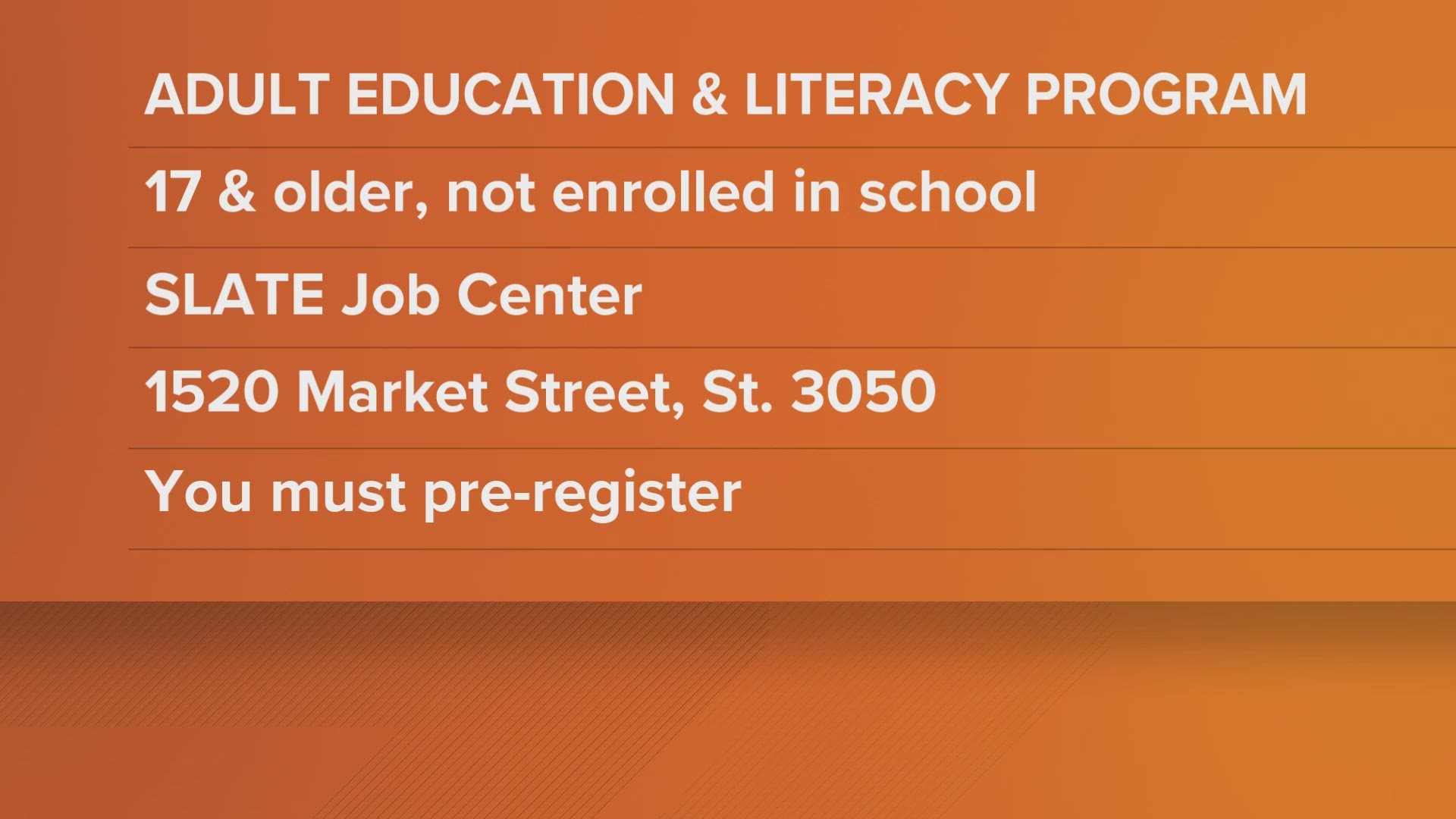This is the second article in our series commemorating Veterans Day, which is this Saturday, November 11.
Home sellers and their agents may be limiting their potential base of buyers by ignoring a growing pool of them.
Inside Mortgage Finance recently noted that loans acquired through the Veterans Affairs (VA) Department are rapidly increasing, reaching a holding level of one-quarter of primary insured home loans. This tops the number of loans backed by the Federal Housing Administration (FHA) through the Department of Housing and Urban Development (HUD).
It is easy to see why VA backing is preferable from a buyer's point of view. If you qualify, you can purchase a house with no money down (up to a particular loan limit that varies by market) and no Private Mortgage Insurance (PMI) requirement. Yet, sellers shy away from buyers with VA loans, and seller's agents may serve as a screen to exclude VA-backed offers from ever reaching the seller.
Why is this so? It makes little sense, since the risk of default is borne by the lending institution and not the buyer. In addition, foreclosures on VA homes are less than the default rate of either standard or FHA mortgages.
The main reason appears to be lingering myths associated with VA loans – some with elements of truth from the past and some that simply never had a basis in fact. Let's take a closer look at some of these misconceptions.
- Slow Process – While the VA is not known for their rapid response to many issues, their record is not bad with respect to loans. Paperwork is involved, but it is comparable to the paperwork necessary to close a standard mortgage.The Veterans Association of Real Estate Professionals (VAREP) states that VA loans can actually close faster than conventional mortgages by up to two days. In general, closing times are comparable between VA and non-VA backed loans.
- Loan Limits – The basic entitlement for every eligible veteran is $36,000, and lenders will typically allow a loan of up to four times that amount ($144,000) without having to apply any down payment. Thus, some home sellers assume that VA applicants cannot afford their more expensive homes and exclude them from the pool of potential buyers.However, veterans may add some of their own down payment money and qualify for higher loan amounts up to the limits of "conforming loans" (generally $424,100 but higher in some counties with unusually high average home prices). Terms of these larger VA loans are still favorable for qualifying buyers compared to the open market.
- Qualification Concerns – Historically, minimum credit scores are lower for VA loans than for conventional loans. In times of tighter credit (like today), VA loans become an even better deal as conventional loans become harder to get.
- Limited Buyers – If you do not live near a military base, you may not even consider that many qualified service members live nearby. There are around 22 million combined veterans and active duty military in the U.S., according to the National Center for Veterans Analysis and Statistics. The National Association of Realtors estimates that around 16.4 million of these service members have mortgage loans, with 12% of those as VA loans.
That leaves a potential of over 6 million veterans as buyers, not to mention those who hold non-VA loans and may retain their entitlement for the purchase of a different home.
If you are selling your home, please do not exclude VA-backed loan applicants from your pool of buyers. They have put up with enough during their service time to our country and do not need any added difficulty in finding the home of their dreams.
MoneyTips is happy to help you get free refinance quotes from top lenders.
This article was provided by our partners at moneytips.com.
To Read More From MoneyTips:
Photo ©iStockphoto.com/michaeljung


